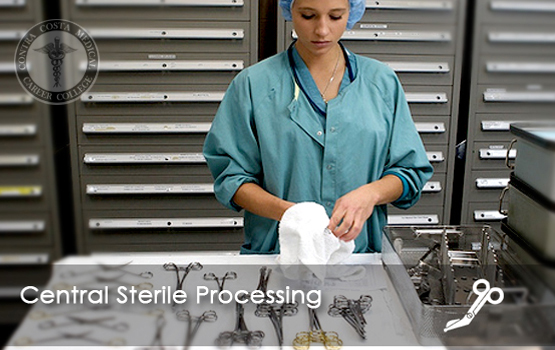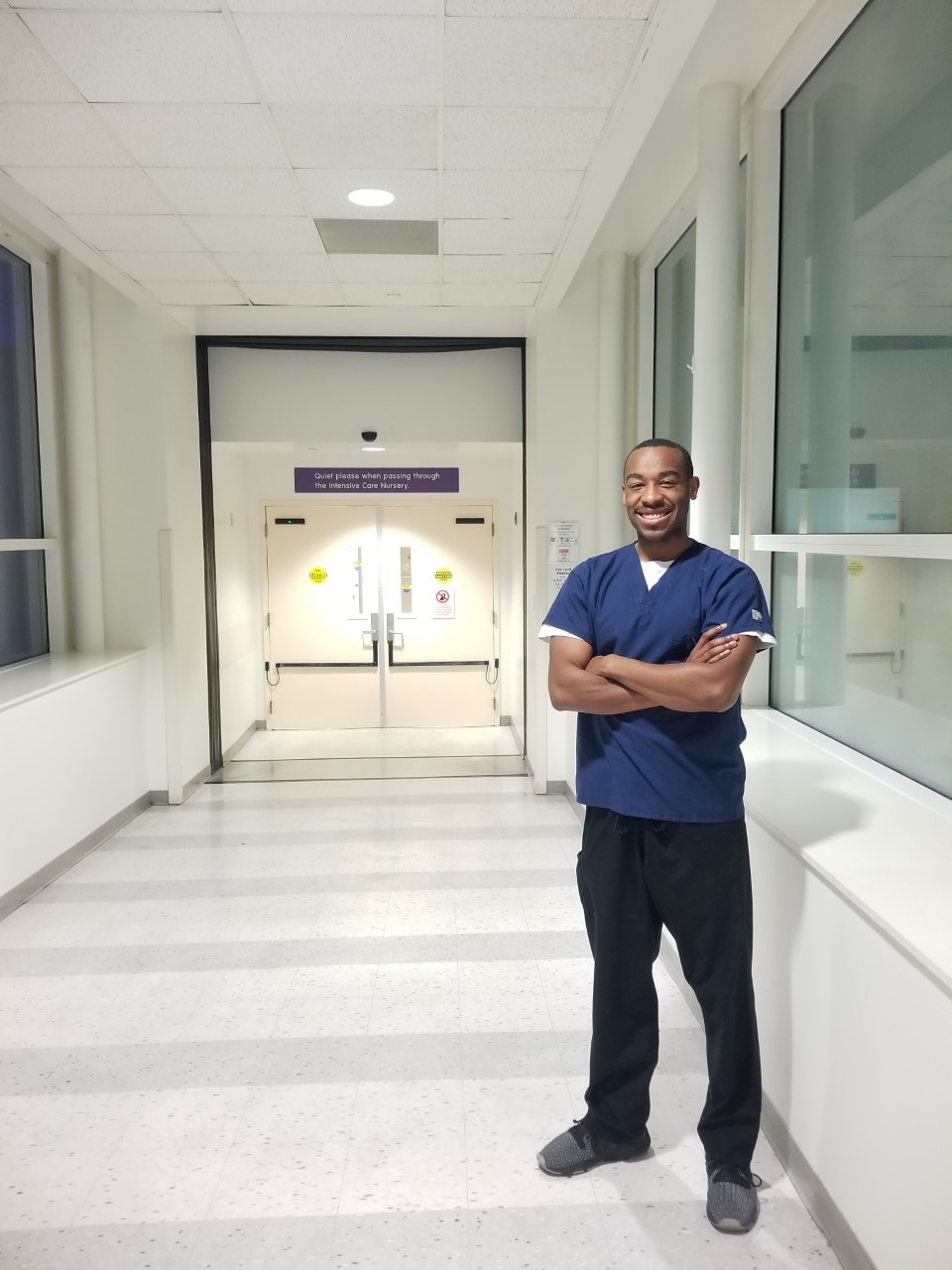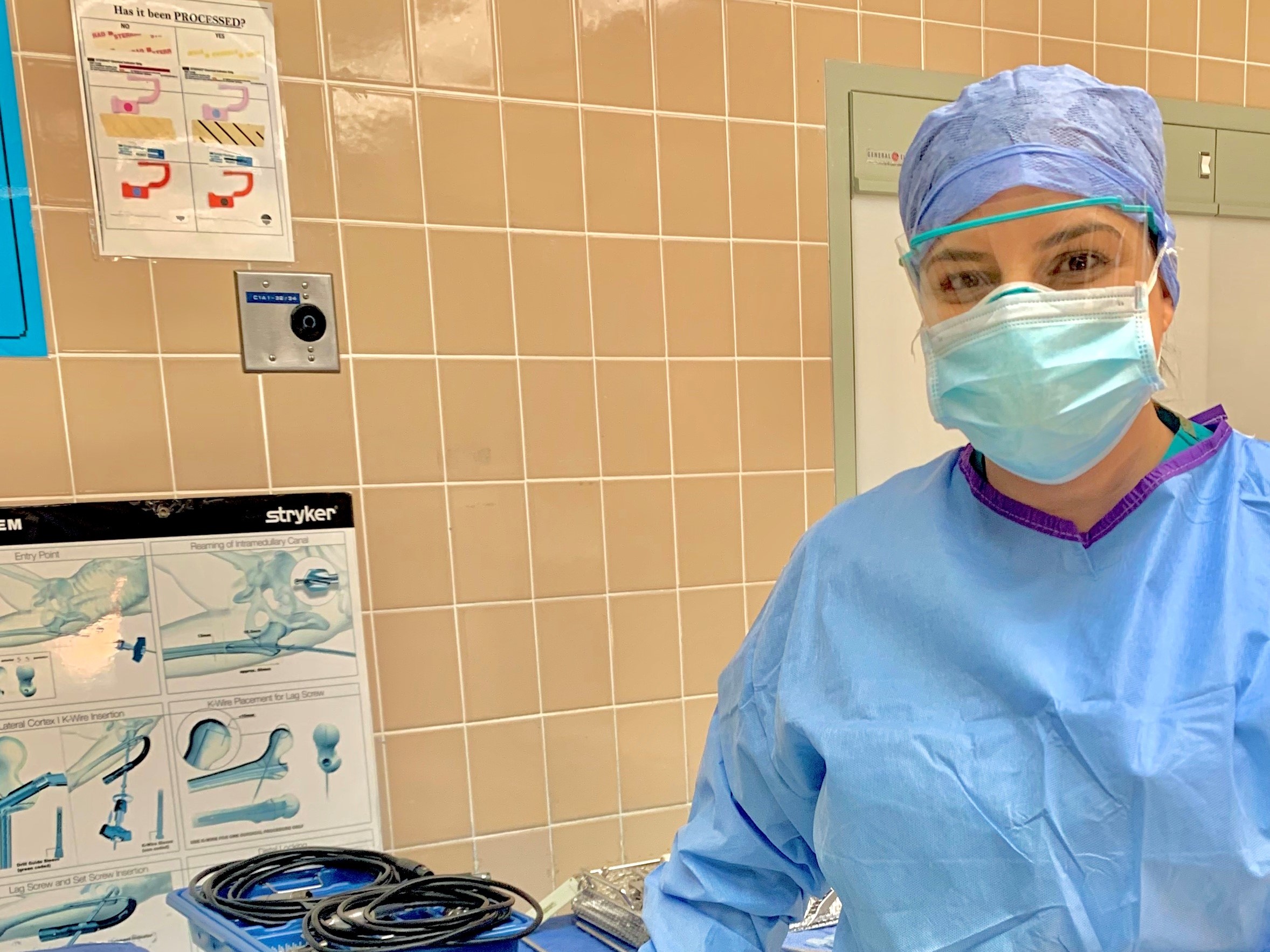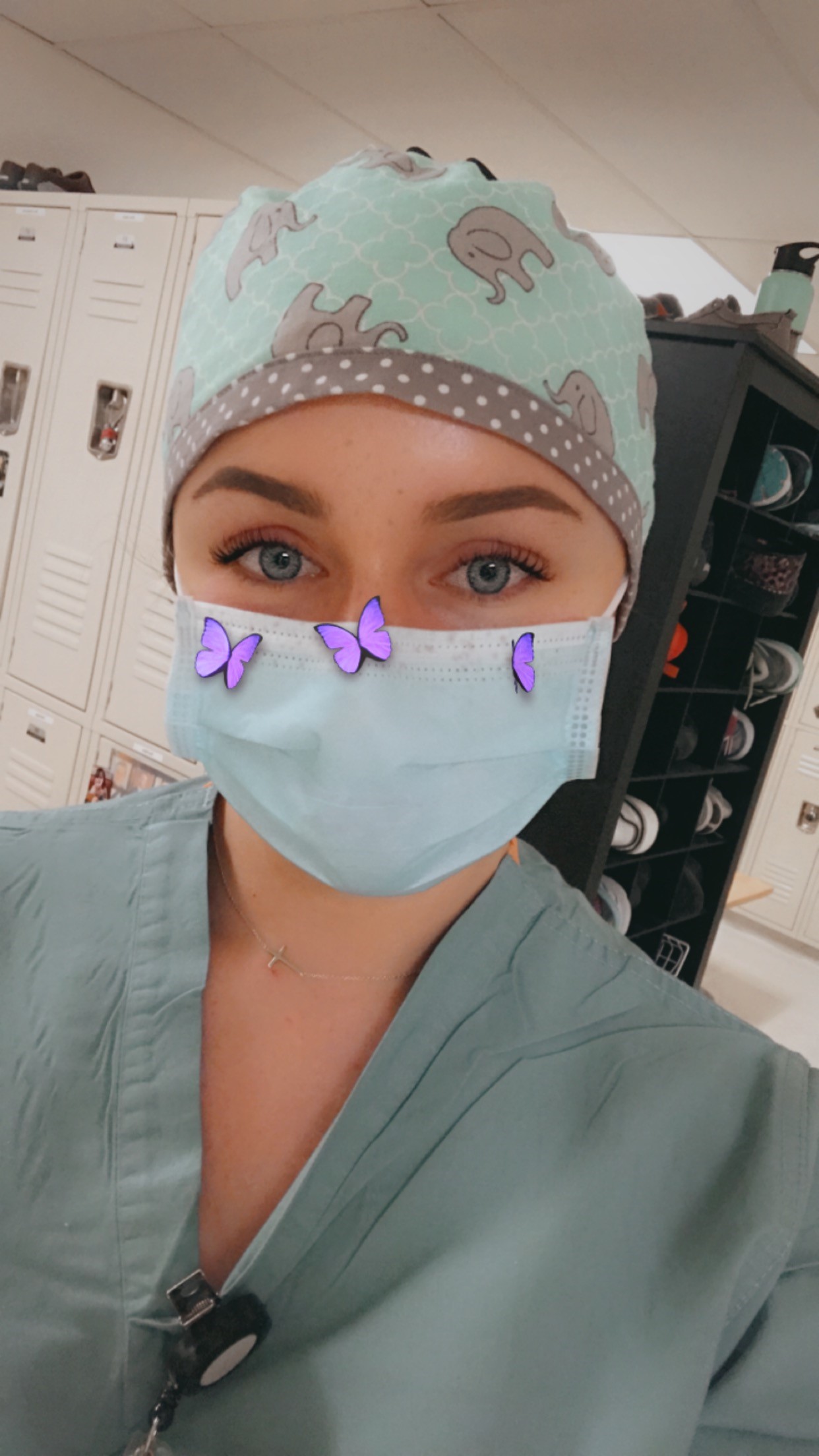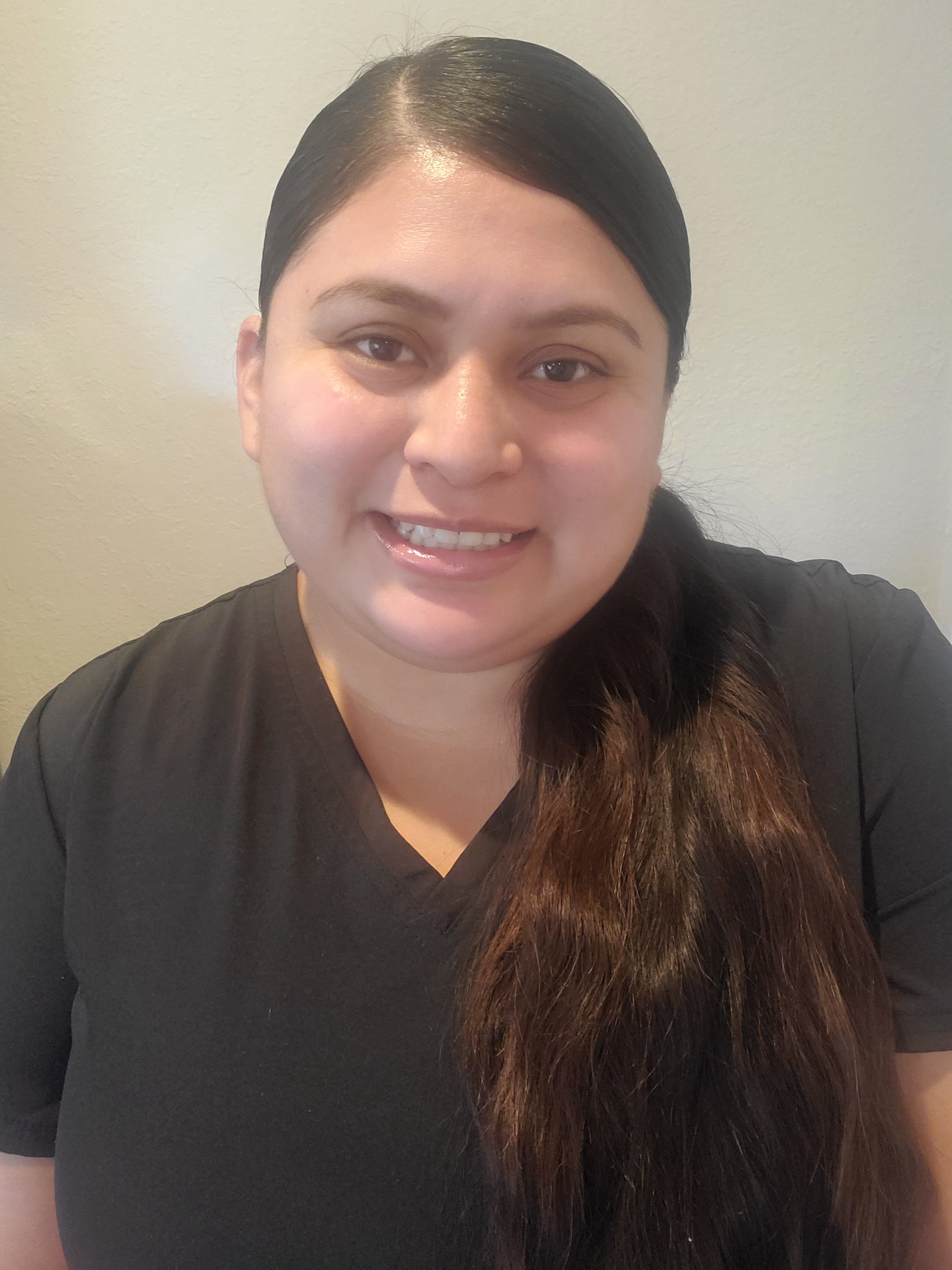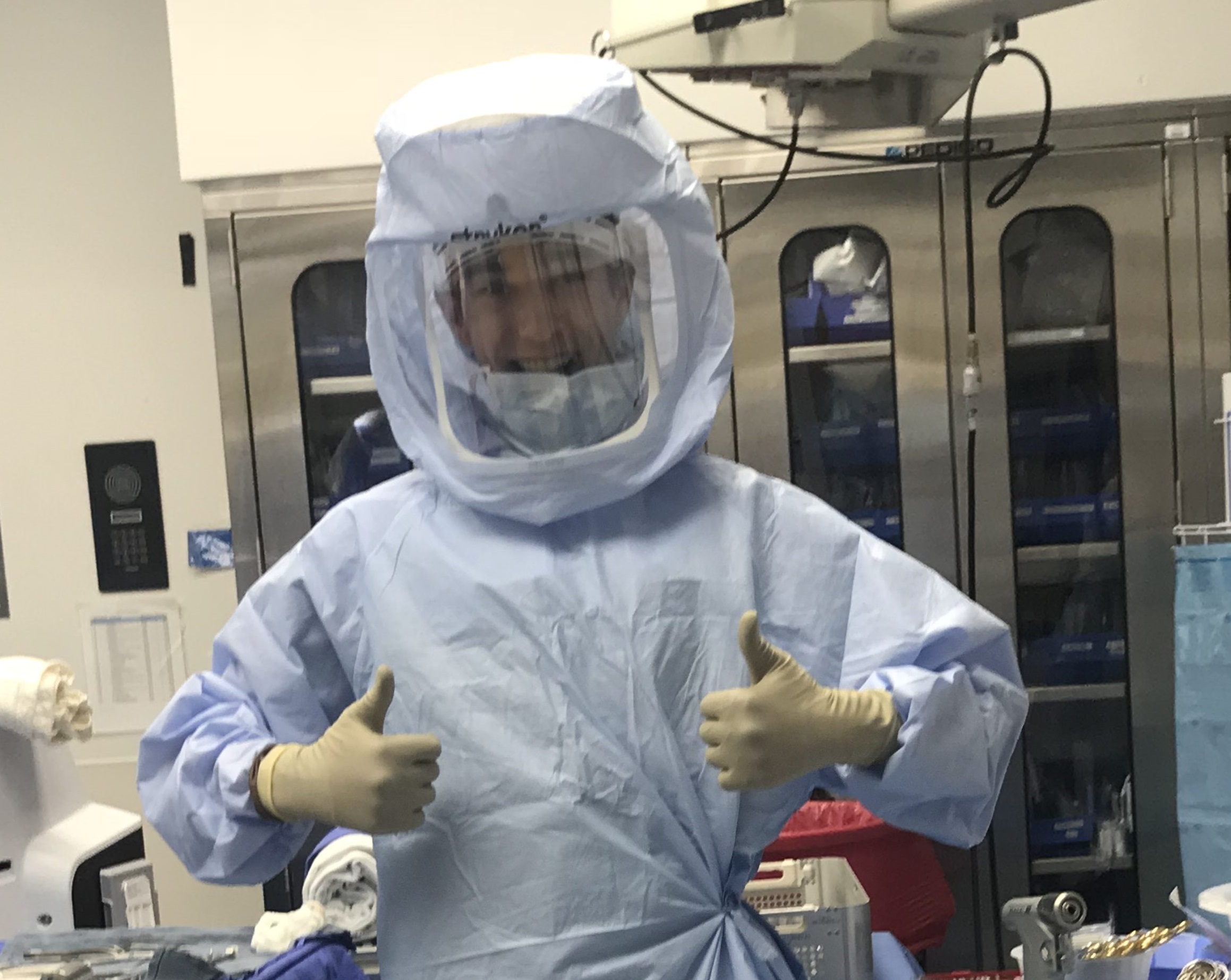Now enrolling for Day classes starting January, 2024!
Join our Zoom Information Session, every Tuesday at 10am or 5pm!!! Call today for your Zoom invite (925) 757-2900
(This program is eligible for Financial Aid, available for those who qualify)
Where do Sterile Technicians Work?
Professionally trained Sterile Processing Technicians work in a variety of environments. Graduates can look forward to an exciting career working in a Hospital or Surgery Center, Outpatient Surgery Clinics, Veterinary Hospital and Dental Surgery Clinics.
PHYSICAL GUIDELINES FOR STUDENTS: Students must be able to:
-
- STRENGTH: Perform physical activities requiring ability to push/pull objects more than 50 pounds and to transfer objects of more than 100 pounds.
- MANUAL DEXTERITY: Perform motor skills such as standing, walking, writing, handshaking; manipulative skills such as writing, typing; calibration of equipment; and handling instruments.
- COORDINATION: Perform body coordination such as walking, filing, retrieving equipment, eye-hand coordination such as keyboard skills; tasks which require arm-hand steadiness such as taking blood pressures, calibration of tools and equipment, and handling equipment.
- MOBILITY: Perform mobility skills such as walking, standing, and occasionally prolonged standing or sitting (up to twelve hours) in uncomfortable positions.
- VISUAL ABILITY: See objects far away and to discriminate colors and to see objects closely as in reading faces, dials, monitors, and medication labels.
- HEARING: Hear normal sounds with background noise and distinguish sounds.
- CONCENTRATION: Concentrate on details with moderate amount of interruptions.
- ATTENTION SPAN: Attend to task/functions for periods up to 60 minutes in length and exceeding 60 minutes in length.
- CONCEPTUALIZATION: Understand and relate to specific ideas, concepts, and theories generated and simultaneously discussed.
- MEMORY: Remember task/assignments given to self and others over both short and long periods of time.
- CRITICAL THINKING: Possess critical thinking ability sufficient for clinical judgment. Apply theoretical concepts to clinical settings.
- INTERPERSONAL: Use interpersonal skills sufficient to interact with individuals, families, and groups from a variety of social, emotional, cultural, and intellectual backgrounds.
- COMMUNICATION: Communicate effectively for interaction with others in verbal, non-verbal and written form. Explain treatment procedures and initiate health teaching.
- SUBSTANCE ABUSE: Evidence of no current alcohol or drug abuse, or felony convictions related to alcohol or drug abuse.
- SEQUENCING: Remember and execute tasks and skills in a predetermined arrangement of succession, building upon consecutive steps.
ENVIRONMENTAL CONDITIONS
The sterile processing technician may be exposed to a variety of substances within the work environment. You can expect to be exposed to blood, body tissues or fluids, electrical hazards, hazardous waste materials, radiation, chemicals, and loud or unpleasant noises.
How Do I Become a Sterile Processing Technician?
The Sterile Processing Certificate Program is a course developed to acquaint entry-level aides and refresh existing technicians on the scope of scientific principles that underlie decontamination, processing, sterilization, distribution, and inventory control of instrumentation. This certificate of completion course will provide the knowledge of current regulations, techniques, and trends to enable individuals to function with nationally based competencies in health care sterile supply processing and distribution areas. Upon completion of this course, graduates will be prepared to take the Certification for Healthcare Sterile Processing and Distribution Technician’s exam as well as the certification exam offered through IAHCSMM.
Clinical Component will be during and after classroom instruction. 214 hours is acquired in our fully functional Sterile Processing simulated lab and 200-400 hours at an externship site arranged by CCMCC. Assignments will be given no later than 30 days after the last day of the program.
*It is required for students to apply to take the provisional exam one month before completing the didactic portion of the program. Test date must be scheduled for the week after completion of the didactic portion. Please note, If students fail on the first attempt, they must wait six weeks before re-taking the exam per IAHCSMM. Students will have 30 days after the last day of externship to re-take and pass this exam. If this requirement is not satisfied by the 30th day after the students last day of externship, the students file will be closed and a certificate of completion from the CCMCC Sterile Processing Technician Program will not be awarded.
I scheduled an appointment at CCMCC knowing that I wanted to enter the medical field, but never even heard of sterile processing or surgical technology. Luckily, Imelda was more than happy to not only show me the path that would be best for me but she also took me around the school and showed me the areas where I would soon conduct my studies. I started the sterile processing program as soon as I could.
Day one Noy and Mindi welcomed me in and gave me a home for the next few months. They were both always available and knowledgable of their field. I am truly impressed that there wasn’t a question they did not know immediately. Noy is such a patient, thoughtful role model and every day in the program she would encourage me to get a faster assembly time, or learn how to wrap a set more efficiently. Even after the program she keeps in contact and motivates me to further my education. Not only my direct instructor taught me, but the surgical technology instructors would stay after their program had ended and comment on the functionality of the instrumentation.
I’ve returned to CCMCC for the surgical technology program, and still after 2 years I walk in the facility receiving friendly greetings from all the staff. I am truly grateful for the opportunities that CCMCC has provided me.
With Gratitude,
Cory Reyburn, CRCST, CIS, future CST
I have been working with Contra Costa Medical Careers College since I moved into my position as Sterile Processing Educator at Stanford Health Care in December 2018. I have visited CCMCC many times as a guest lecturer, and we host CCMCC students in our hospital on clinical externships. I find their program to be excellent.
Students at CCMCC enjoy a full range of equipment to learn on. The building is large enough to fully support their many programs, and it is well cared for and brightly lit. The instructors at CCMCC show a winning combination of knowledge and desire to learn. They are very supportive of their students.
While the technical aspect of instruction at CCMCC is excellent, as a person who works with their students in a real-world setting, I especially appreciate their soft-skills training. I have hosted 19 Contra Costa students, and all displayed the highest levels of professionalism, eagerness to learn, flexibility, and positive attitude. The students themselves are to be lauded, and this also speaks well of the program at their school.
I regularly recommend CCMCC to prospective Sterile Processing students. I look forward to my next cohort at Stanford, and I am excited to continue working with Kristyne, Noy and Von as an advisor and friend to their program.
Casey Stanislaus Czarnowski, BA, CRCST, CSPDT, CIS, CER
Sterile Processing Educator
Interventional Platform Education
Stanford Health Care
Day program will meet Mon-Thurs from 9:00am-2:00pm for 344 hours. 256 Externship hours to be arranged
2023 Day Schedule:
-Monday, August 21st – Thursday, December 21st
Evening program will meet Mon-Thurs from 5:00pm-10:00pm for 344 hours. 256 Externship hours to be arranged
2023 Evening Schedule:
-Monday, October 23rd – Thursday, February 29th, 2024
